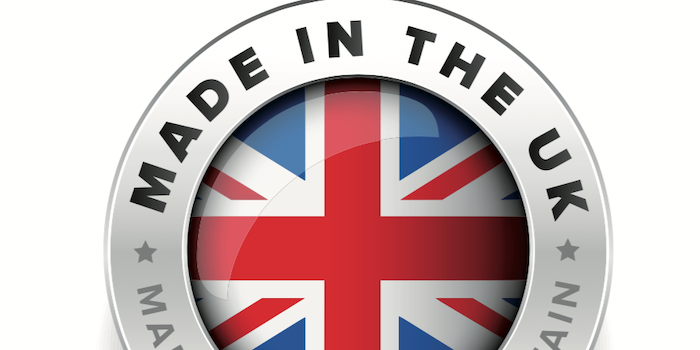With Rishi Sunak set to deliver the UK government’s autumn budget statement on 27 October, I urge the government to deliver much-needed R&D tax incentives to keep the country’s post-Covid-19 recovery on track as manufacturers face strong headwinds heading into the autumn and winter months.
We urge the Chancellor to take a much-needed pause to increasing any costs on businesses as UK manufacturers are already under immense pressure. Indeed, the sector is facing strong headwinds due to a perfect storm of Brexit, the end of the furlough scheme, gas and CO2 supply shortages, a record level of vacancies, and rising logistics costs on shipping and road freight – all coming in at the same time.
The government has already increased taxes for businesses. The corporate tax rate will rise from 19% to 25% from April 2023 and the new Health and Social Care Levy – which applies from April 2023 but comes into force as increased National Insurance Contributions from April 2022 – will also put extra strain on many companies.
What the Chancellor should do is increase targeted tax reliefs, such as the R&D tax credit, which should rise in line with the higher Corporation Tax rates, to offset some of the tax burden being placed on manufacturers. Rishi Sunak should grasp the opportunity to provide businesses with incentives to invest in more advanced technology and new machines, thereby delivering real improvements across the UK’s manufacturing processes.
The government must also go beyond temporary, ‘sticking plaster’ measures to tackle the shortages in labour supply, such as the newly accelerated qualifications for Heavy Goods Vehicle (HGV) drivers. Providing a longer-term strategy around easing administrative burdens on imports and a clearer strategy on visas would give much needed stability and confidence to manufacturers when they need it most.
Finally, the dark clouds from Brexit remain, with the Northern Ireland border question still unanswered and trading issues continuing to pose real problems for the sector, on top of the recently delayed checks on good for the EU. Nine months after the UK left the EU, it’s high time the government provided manufacturers with a stable environment to trade cross-borders with confidence and keep the UK’s post-Covid-19 recovery on track.





